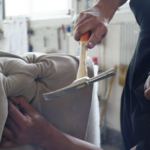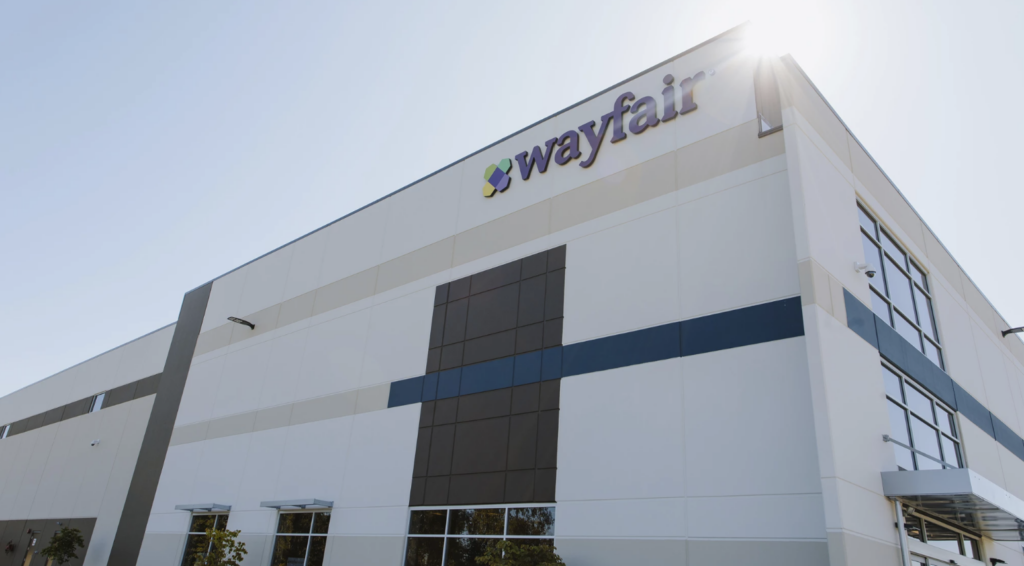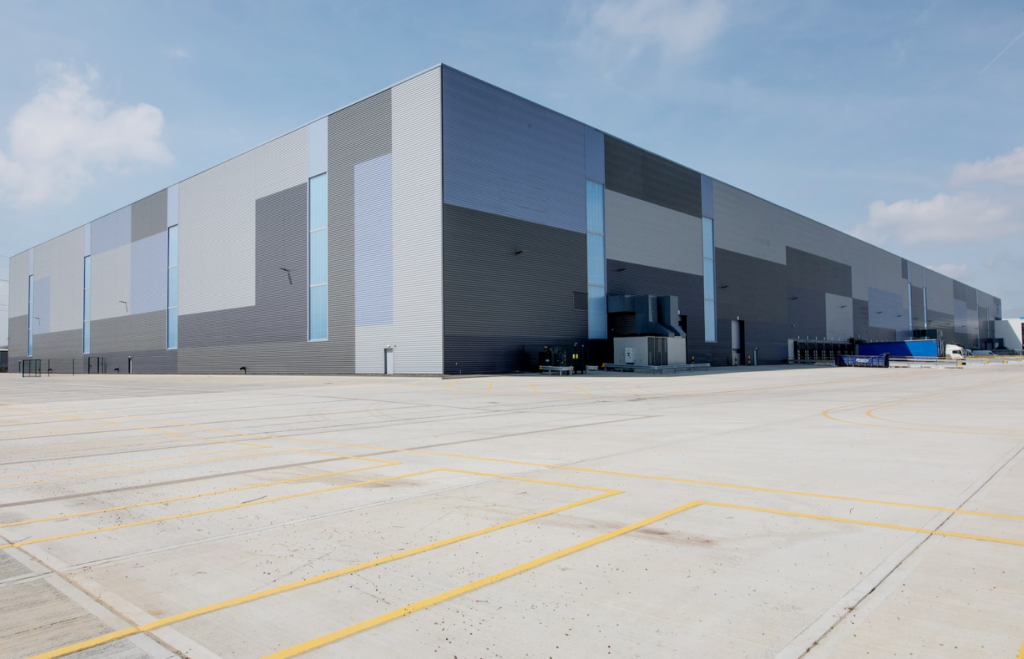Furniture prices remained high during May but eased for a ninth straight month as overall inflation remained unchanged.
According to the latest Office for National for National Statistics (ONS) data, the Consumer Prices Index (CPI) rose by 8.7% in the 12 months to May 2023, unchanged from April. On a monthly basis, CPI rose by 0.7% in May 2023, compared with a rise of 0.7% in May 2022.
Furniture and furnishing prices rose by 7.8% in May, down from 8.3% in April, while also declining from 16.2% compared to the same month last year. This marks the ninth consecutive month of easing price inflation and the lowest rate in well over a year.
The retail price of household furniture decreased to 8.2% in the month from a rise of 8.6%, while also down from 16.4% last year.
Garden furniture prices rose 4.6%, up from 4.5% on last month but down from 25.5% compared to last year. This was the first time this year prices increased on a monthly basis.
Carpets and other floorcoverings prices increased 10.3%, up from 9% the previous month, while also rising from 8.1% rise last year.
Other household textile prices, including furnishings fabrics, curtains and bedding, saw prices rise by 4.3%, down from 6.4% the previous month, while rising from 5.7% on last year.
Meanwhile, Producer Price Inflation (PPI) saw the rate of furniture output prices, factory gate, rise 10.7% in May on the same month in 2022. The rate was slightly higher from a rise of 10.4% in April.
Furniture input prices, material cost of production, were up 0.5% in May on the same month last year, while declining from a rise of 2.2% the previous month.
Producer input prices rose by 0.5% in the year to May 2023, down from a rise of 4.2% in the year to April 2023. Producer output (factory gate) prices rose by 2.9% in the year to May 2023, down from a rise of 5.2% in the year to April 2023. On a monthly basis, producer input prices fell by 1.5% and output prices by 0.5% in May 2023.
Commenting on the inflation figures for May, ONS Chief Economist Grant Fitzner said: “After last month’s fall, annual inflation was little changed in May and remains at a historically high level. The cost of airfares rose by more than a year ago and is at a higher level than usual for May. Rising prices for second-hand cars, live music events and computer games also contributed to inflation remaining high.
“These were offset by a fall in the cost of petrol. Food price inflation remains high, but the rate has eased slightly this month with costs rising more slowly than this time last year.”
Helen Dickinson, Chief Executive of the British Retail Consortium, added: “It is a really positive sign that food inflation has fallen for the second consecutive month, the first time this has happened since the Ukraine war began. While some prices continue to rise, we are now seeing regular news reports of falling prices on many essential products, such as loo rolls and vegetable oil. It has been good to see larger drops in inflation rates for flour, milk and eggs as retailers continue to invest heavily in lower prices for the future and locking the price of many essentials, helping the UK to deliver some of the cheapest groceries in Europe. Elsewhere, consumers will find themselves under pressure from increased health and communication costs, as inflation rates in both categories rose in May.
“With inflation generally trending down, it is vital that Government does not introduce new policies that would add costs to retailers. Government should consider how current timelines for a deposit return scheme and reformed packaging levy (“Extended Producer Responsibility”) could limit the ability of inflation to fall. This is on top of a new Windsor framework labelling, and upcoming increases to business rates.”















